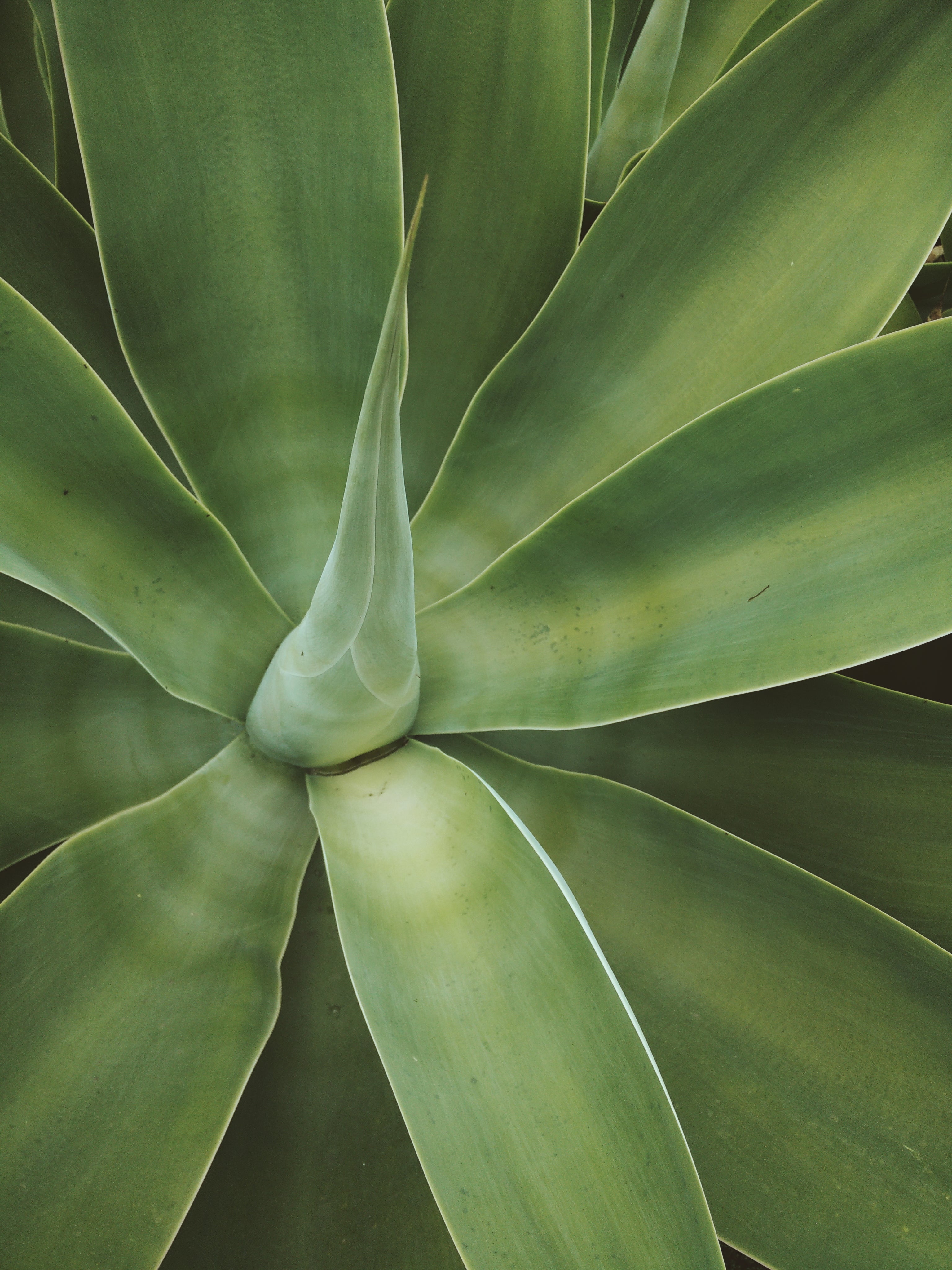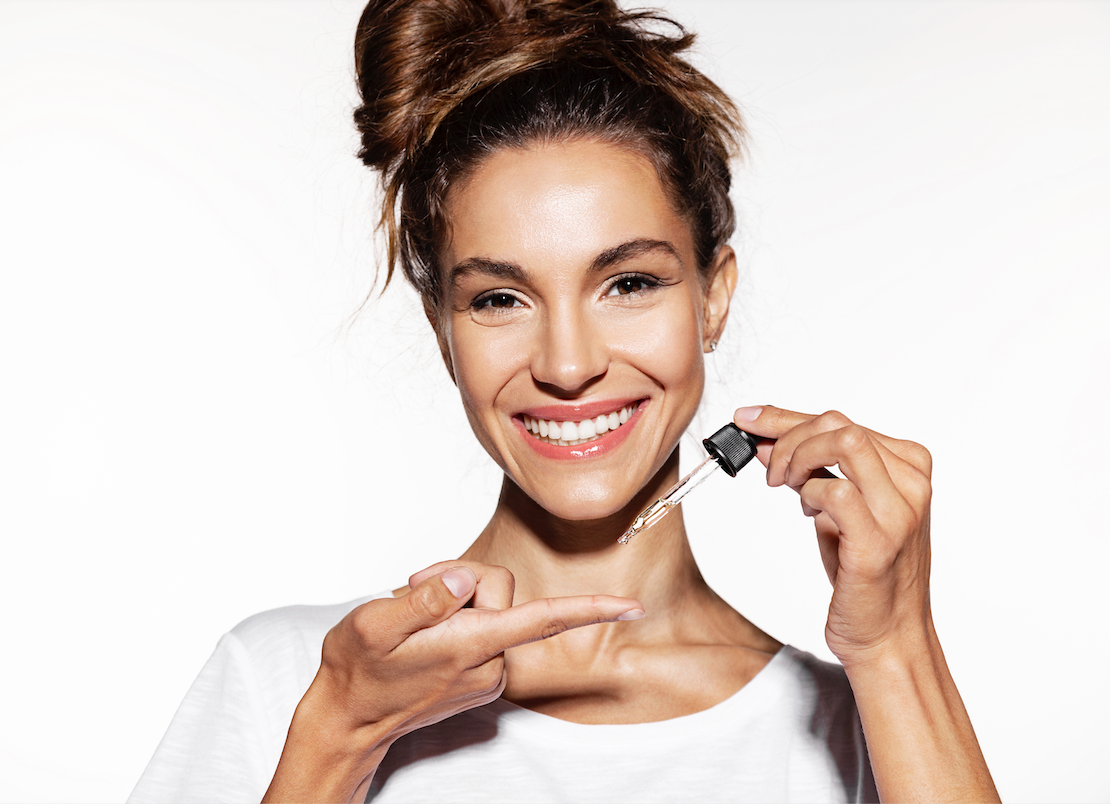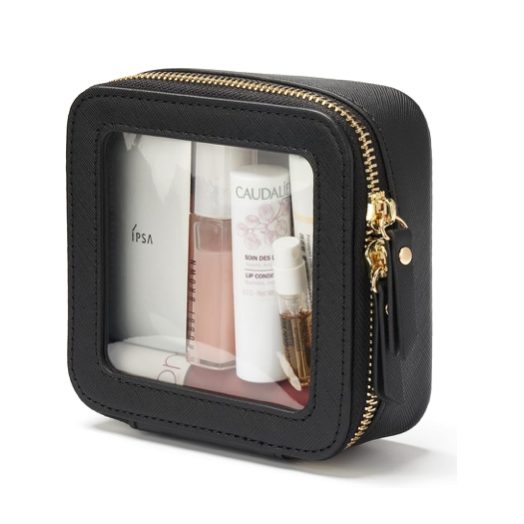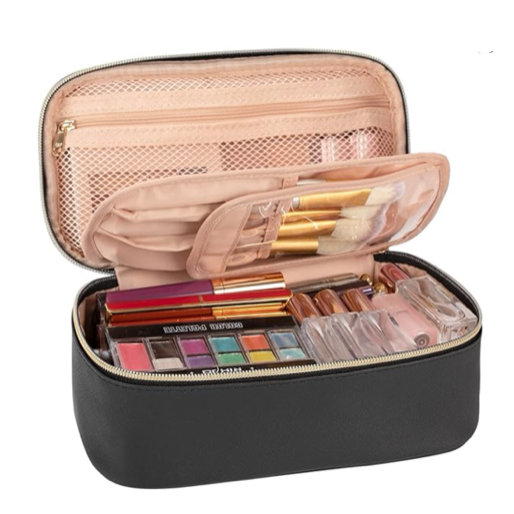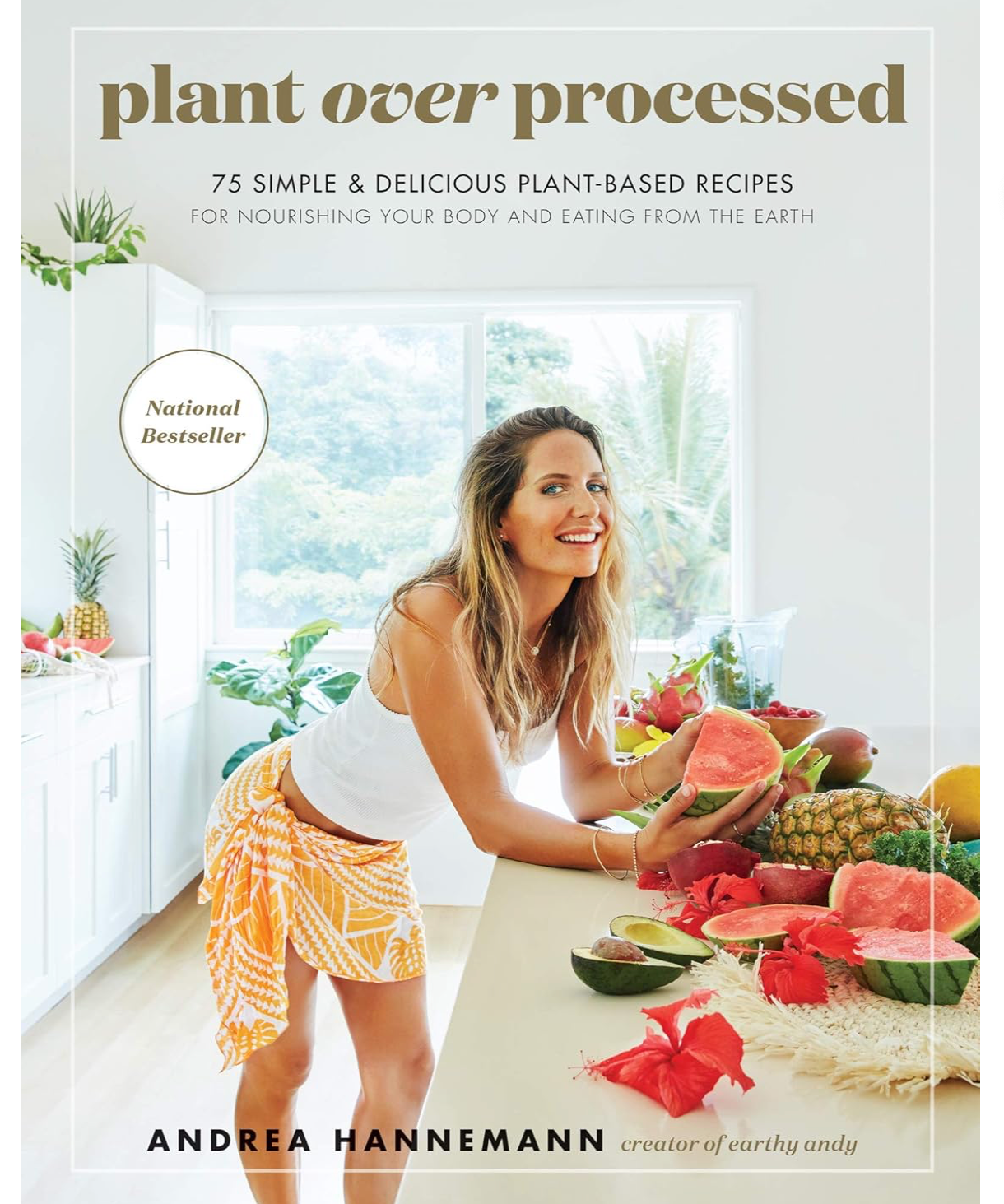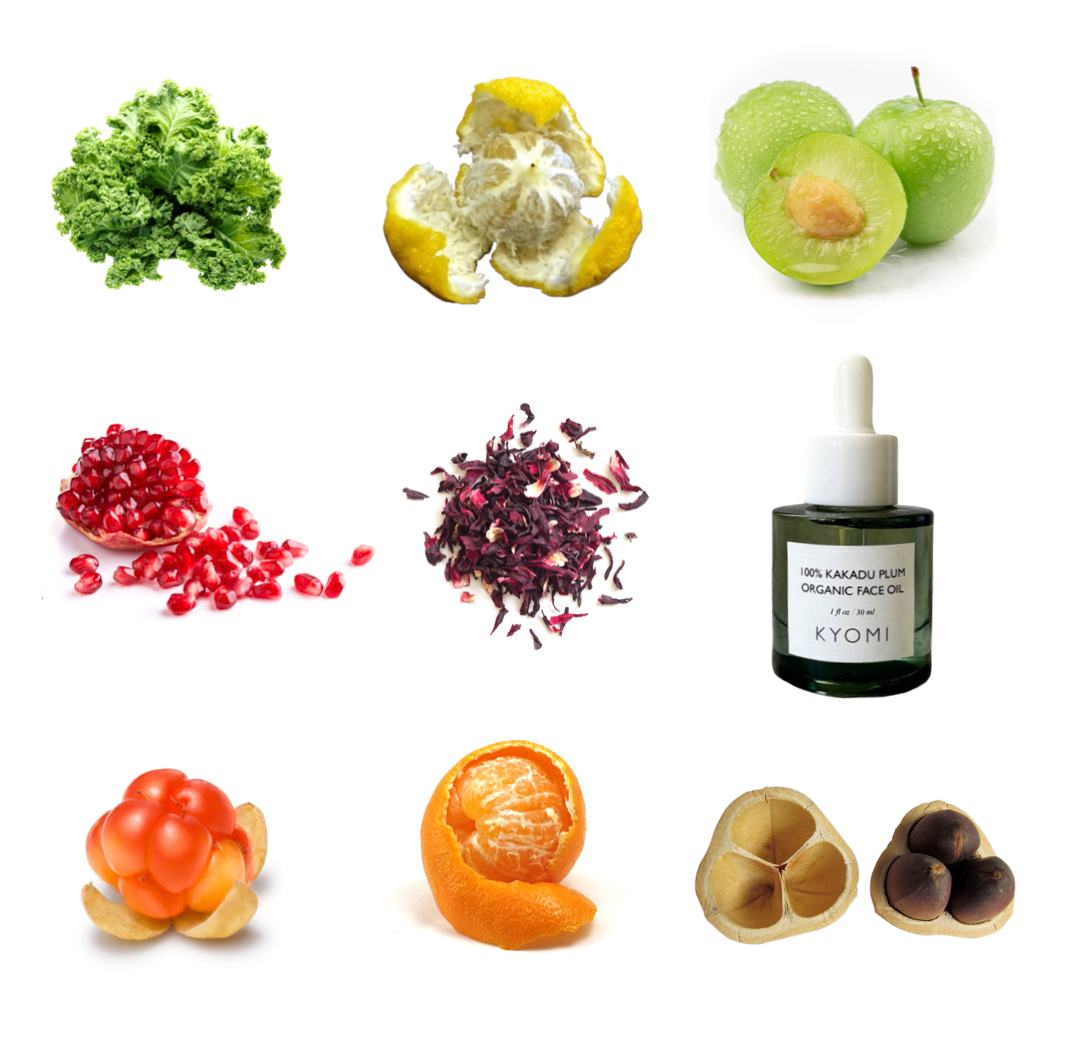We all want glowing, youthful skin, but even with the best intentions, some skincare habits could be doing more harm than good. From skipping sunscreen to using harsh products, these missteps can quietly accelerate signs of aging—leaving your skin dull, dehydrated, and more prone to fine lines.
The good news? With a few simple changes, you can protect your skin’s natural resilience and slow the clock on premature aging. Here are the top skincare mistakes that could be aging you faster—and science-backed solutions to keep your complexion healthy and radiant.
1. Skipping Sunscreen: The #1 Cause of Premature Aging
If there’s one skincare habit dermatologists agree on, it’s daily sun protection. Ultraviolet (UV) rays from the sun are the leading cause of premature skin aging—a process called photoaging. This includes:
-
Fine lines and wrinkles
-
Hyperpigmentation (sunspots)
-
Loss of firmness and elasticity
Even on cloudy days or indoors near windows, UVA rays penetrate and break down collagen in your skin.
The Science: According to a 2013 study in Clinical, Cosmetic and Investigational Dermatology, up to 80% of visible aging is caused by sun exposure (Guan et al., 2013).
✅ The Fix: Use a broad-spectrum sunscreen (SPF 30 or higher) every single day. Mineral sunscreens with zinc oxide or titanium dioxide are gentle for sensitive skin and align with clean beauty values.
2. Under-Exfoliating: Letting Dead Skin Build Up
While over-exfoliation can cause damage, under-exfoliating leaves your skin looking dull and uneven. Dead skin cells accumulate on the surface, preventing your serums and moisturizers from absorbing effectively.
This buildup can also emphasize fine lines and rough texture.
✅ The Fix: Gently exfoliate 1–2 times per week with:
-
Enzyme exfoliants (papaya, pumpkin)
-
Lactic acid (mild AHA for sensitive skin)
-
Natural fruit acids from ingredients like hibiscus
- Daily exfoliating with a gentle face polish (micro spheres, powder)
Pro Tip: Kyomi Skin’s botanical exfoliants use plant-derived acids to renew skin without irritation.
3. Using Harsh Cleansers That Strip Your Barrier
Your cleanser sets the tone for your entire routine. Harsh, foaming formulas with sulfates can strip away your skin’s natural oils, damaging its protective barrier. A compromised barrier leads to:
-
Dryness and tightness
-
Increased sensitivity
-
Faster formation of wrinkles
The Science: A 2018 review in Dermatologic Clinics highlighted that over-cleansing is a key factor in barrier damage, which accelerates aging (Ananthapadmanabhan et al., 2018).
✅ The Fix: Switch to a non-stripping, pH-balanced cleanser with soothing actives like aloe vera and oat extract. Oil-based cleansers with Sunflower or meadow foam are excellent for removing makeup while maintaining hydration.
4. Overusing Potent Actives (Like Retinoids and Acids)
Retinoids, AHAs, and BHAs can work wonders—but too much, too often can lead to chronic inflammation and a weakened skin barrier. Signs of overuse include peeling, redness, and heightened sensitivity.
Chronic irritation doesn’t just hurt—it can also lead to collagen breakdown, the opposite of what you’re trying to achieve.
✅ The Fix: Alternate potent actives with calming, barrier-repairing ingredients:
-
Bakuchiol: Plant-based retinol alternative safe for daily use
-
Niacinamide: Strengthens and calms skin
-
Pomegranate Seed Oil: Omega-rich and anti-inflammatory
5. Forgetting About Hydration
Dehydrated skin appears dull, emphasizes fine lines, and feels less resilient. Even oily skin types can experience dehydration if the moisture barrier is compromised.
✅ The Fix:
-
Apply a hydrating serum with hyaluronic acid (plant-derived)
-
Seal it with a lightweight face oil like Kakadu Plum Oil to lock in moisture
-
Drink enough water—internal hydration supports your skin too
6. Ignoring Your Neck and Hands
Your neck and hands are often the first areas to show signs of aging, yet they’re easy to overlook in a skincare routine.
✅ The Fix: Extend your serums, moisturizers, and sunscreen down to your neck and onto the backs of your hands daily.
7. Sleeping in Makeup
Leaving makeup (and the day’s dirt and pollution) on your skin overnight can clog pores, cause breakouts, and lead to oxidative stress that accelerates aging.
✅ The Fix: Use a gentle double cleanse with an oil-based cleanser followed by a creamy, non-foaming cleanser. Oils like Jojoba and Pure Plum dissolve makeup beautifully without tugging delicate skin.
8. Not Adjusting Your Routine for Seasonal Changes
Skin’s needs shift with the seasons. What works in summer might not suffice for dry, cold winters. Ignoring this can leave your skin vulnerable to dehydration and irritation.
✅ The Fix:
-
In colder months, layer richer creams and oils like Cacay Oil or Plum.
-
In humid seasons, opt for lightweight serums and gel moisturizers.
FAQs About Anti-Aging Skincare Mistakes
Can using too many products cause aging?
Yes. Overloading your skin can lead to irritation and barrier damage, which accelerates aging. Stick to a simple, effective routine.
How often should I exfoliate?
1–2 times per week for sensitive skin; up to 3 times for oilier types. Always follow with hydration. OR daily exfoliating with gentle polish
Are natural oils really anti-aging?
Many plant-based oils like Cacay (retinol alternative), bakuchiol and Pomegranate Seed Oil contain antioxidants and essential fatty acids that support collagen and protect against environmental stressors.
Final Thoughts: Simple Changes for Long-Term Glow
Healthy, youthful skin isn’t about doing more—it’s about doing what’s right. By avoiding these common mistakes and embracing a gentle, science-backed routine, you can protect your skin’s resilience and slow the visible signs of aging.
Kyomi Skin’s botanical formulations—rich in Cacay, Kakadu Plum, Bakuchiol, and Pure Plum—are designed to nourish, repair, and protect with every step. Because your skin deserves the best of nature and science combined.
References
-
Guan, L., et al. (2013). Photodamage and prevention: The role of sunscreens in skin aging. Clinical, Cosmetic and Investigational Dermatology, 6, 119–124.
-
Ananthapadmanabhan, K. P., et al. (2018). Cleansers and their role in various dermatologic disorders. Dermatologic Clinics, 36(1), 13–22.
-
Dhaliwal, S., et al. (2018). Assessment of bakuchiol as a retinol alternative. British Journal of Dermatology, 179(2), 289–296.

